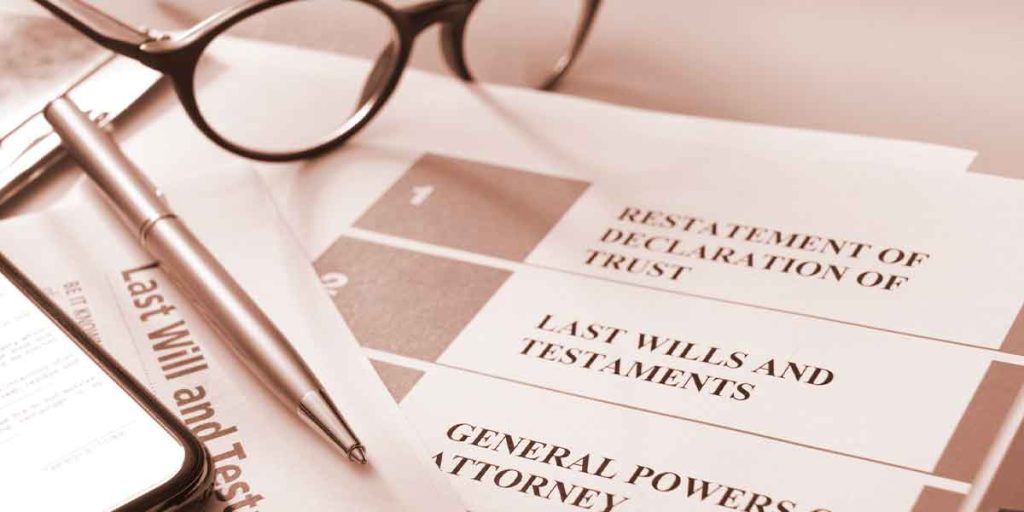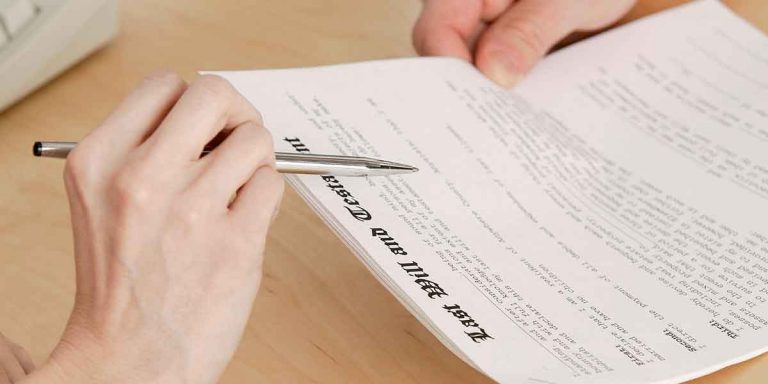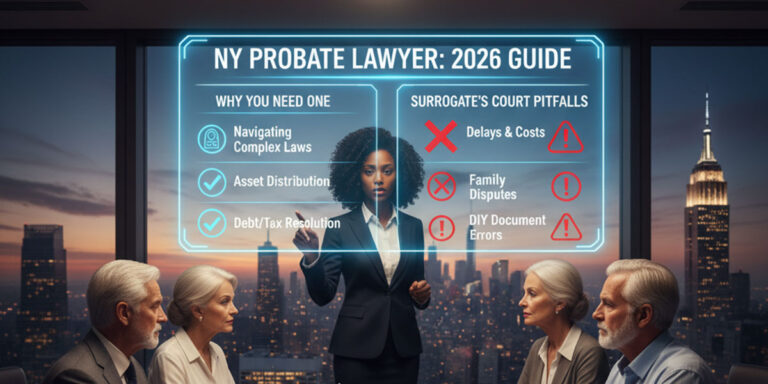Retirement is one of those periods where you relax with your loved ones and engage in those things that makes you happy. While retirement remains a good period in one’s life, being retired doesn’t exempt you from paying your regular bills and taking care of Yourself.
A lot of retirees suffer because they failed to plan for their retirement. What are the best ways to save for retirement? Aside from stashing some cash into your 401(k) account, another amazing way to generate funds to cater to your needs is by obtaining a reverse mortgage.
If you are just hearing the term “reverse mortgage” for the first time, then might have these questions on your mind:
- What is a reverse mortgage?
- How does it work?
- What are the benefits of reverse mortgage?
As we progress, we’ll be answering the questions above.
What is a reverse mortgage?
A reverse mortgage is a type of loan that allows homeowners above the age of 62 convert part of their home equity into cash. A reverse mortgage is ideal for those who have paid off their mortgage. In addition, it is for those who want to augment their retirement funds.
How does it work?
A reverse mortgage works in a simple way. It uses a part of your home equity to first settle your existing mortgage on the home, that is, if you still owe one.
Like the typical mortgage, you are not supposed to make monthly payments on the reverse mortgage as the loan balance doesn’t become due until the final borrow relocates from the home, dies, fails to pay taxes or insurance, or decides not to maintain the home.
While you aren’t required to make monthly payments, doing so is a good idea as it could cut down your monthly interest or stop it from accumulating. If you decide not to make monthly payment on the loan, interest for that month will be included to the overall loan balance.
After settling your current mortgage, your reverse mortgage lender will pay you any leftover proceeds from your new loan. If you are the sole owner of your home, you’ll get all the proceeds from the loan as you have zero balance to pay at first.
As the owner of the home, you get to decide how you want the proceeds to be paid.
Benefits of Reverse Mortgage
- You continue to own the home: Reverse mortgages can be settled by borrowers but normally end when people relocate, sell the home or die. In an estate scenario, heirs have a lot of choices. First off, they can decide to sell the property or settle the debt and retain any equity above the loan balance.
Second, they can decide to retain the home and refinance the reverse mortgage balance if the property’s equity is enough. Third, if the debt owed id more than the equity of the property, heirs can pay odd the loan by returning the title to the lender. The lender can afterward file a claim for any unpaid balance with the insurer, who is most times the FHA.
- You won’t be affected if the home loses value
The reverse mortgage loan is insured by the federal government. This simply means that, if the loan ends up totaling to more than the value of the home when sold, the government insurance will cover the difference. So the loan will be paid completely using just the proceeds your home sells for, and nothing more.
- Money you receive is free from tax
When you are planning on how to manage retirement income in a tax-efficient way, a reverse mortgage can be of help. You won’t have to pay taxes on the money you get in payment from the lender. In addition, since the IRS deems a reverse mortgage a loan, and a real income, it also won’t be regarded in formulas that use your income, like impacts to your Social Security including your Medicare benefits.
Contact our office if you have questions regarding a reverse Mortgage, or if you need the help of an attorney in setting up a reverse mortgage. Our attorneys are experienced and versed in matters reverse mortgage and can help in ensuring that it doesn’t affect your estate plan.







